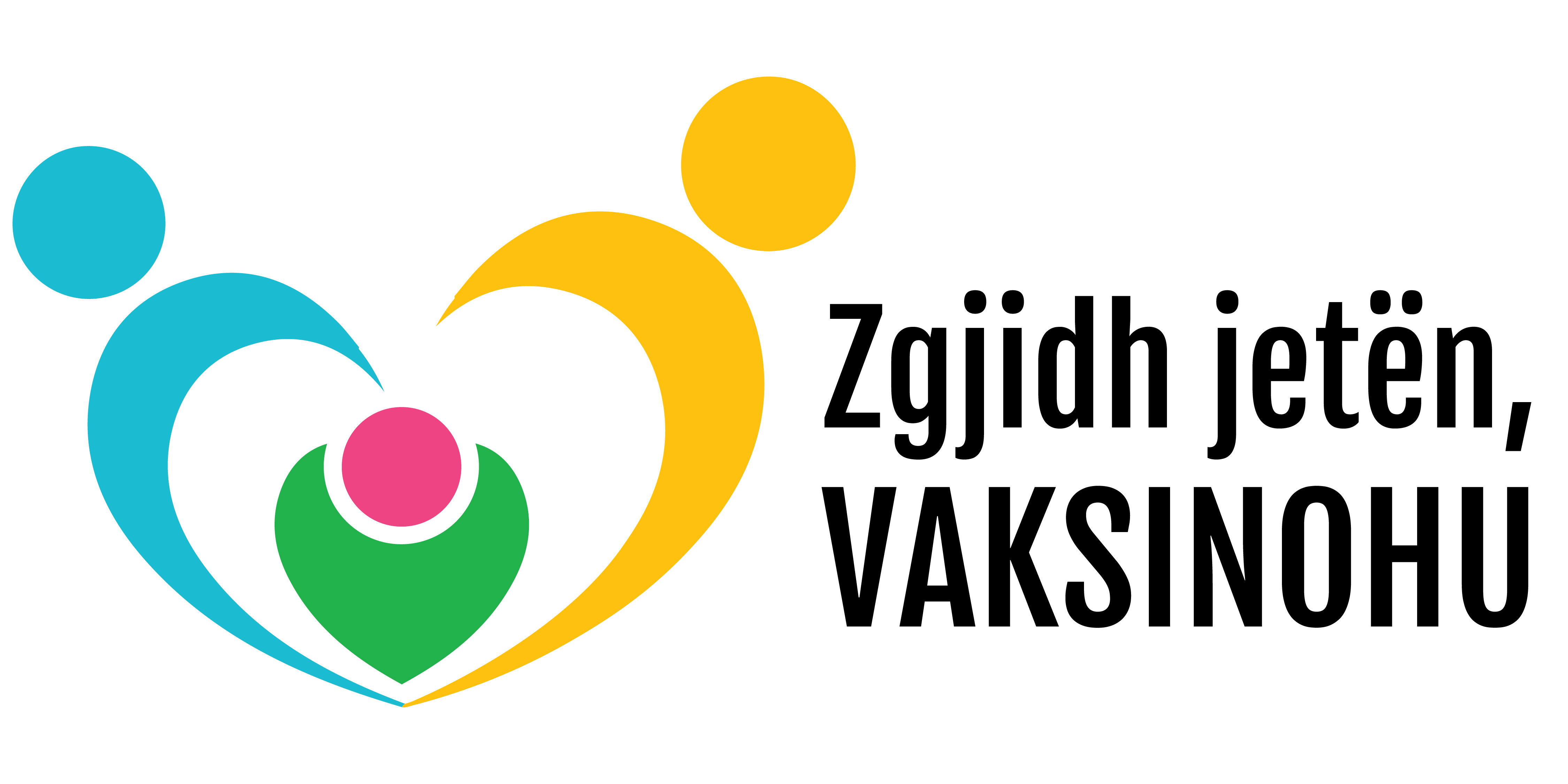Strengthening the health information system in transitional Albania
Suggested citation: Verschuuren M, Thomo T, Purnat TD, Stein C. Strengthening the health information system in transitional Albania. Alban Med J 2017;1:5-6.
Strengthening the health information system in transitional Albania
Marieke Verschuuren1, Tomi Thomo2, Tina Dannemann Purnat3*, Claudia Stein3*
1 Centre for Health Knowledge Integration, National Institute for Public Health and the Environment, Bilthoven, the Netherlands
2 Directorate of Health Care Progress, Quality Management and Delivery Unit, Ministry of Health, Albania;
3 Division of Information, Evidence, Research and Innovation, WHO Regional Office for Europe, Denmark.
* The author is a staff member of the WHO Regional Office for Europe. The author alone is responsible for the views expressed in this publication and they do not necessarily represent the decisions or the stated policy of the World Health Organization.
The situation in Albania since 1990 is characterized by a particularly rapid transition towards a democratic regime and a free economy. This has led to significant socioeconomic and cultural changes, which are likely to have an impact on health. There have been several initiatives to improve the health information situation and, in 2015, the Ministry of Health requested technical assistance from the WHO Regional Office for Europe for the assessment of the health information system (HIS). Given the various initiatives and projects under way at the time to improve Albania’s health care system, the timing was appropriate to perform an HIS assessment in order to obtain a broad overview of HIS issues and to identify opportunities for strengthening the usability of health information for policy-making.
With the support of the WHO Country Office in Tirana and WHO Regional Office for Europe, WHO undertook a four-day country visit in March 2016. The assessment methodology was based on WHO’s Support tool to assess health information systems and develop and strengthen health information strategies (1). Semi-structured interviews were conducted with representatives of the following stakeholders in Albania:
• the Ministry of Health
• the Institute of Public Health
• the National Institute of Statistics
• the Health Insurance Institute
• the Social Insurance Institute
• the Public Health Directorate of Durres
• the World Bank (Health System Improvement Project) (2).
Following an in-depth review of existing HIS initiatives, the mission observed that there were many important ongoing initiatives in Albania to overcome the current lack of digitalization of the HIS. However, the coordination between such initiatives and the institutes involved is suboptimal. In addition, while several promising projects have been initiated to overcome the current lack of data on key public health topics, important data gaps remain, most notably on causes of death statistics. Furthermore, although the increased availability of (real-time) data is stimulating an evidence-informed policy-making approach in some specific cases, there are still no institutionalized mechanisms for using health information for national health policy-making. Finally, despite a government decree, data from the growing number of private health care facilities is still not reported to the public health directorates of the Ministry of Health systematically.
Based on these findings, the main recommendations of the mission are:
• to improve and formalize coordination
• to improve data availability for key indicators
• to strengthen the link between health information and policy-making
• to improve reporting by private health care facilities.
One recommended mechanism for improving and formalizing coordination is the establishment of a multi-stakeholder HIS coordination body and the development of an overarching HIS strategy. These would be instrumental in tackling the other HIS challenges identified during the mission. The re-establishment of proper causes of death registration, based on the International Classification of Diseases, tenth revision, is the most pressing action in order to improve data availability for key indicators. In addition, continuity in the work already initiated on a core set of health indicators, and aligning these with the Health 2020 monitoring framework (3,4), would be a significant way to further stimulate the improvement of data quality and availability. Working with this core set will also be a good starting point for strengthening the link between health information and policy-making. To improve reporting by private health care facilities, a first step could be to assess the current situation by looking at potential barriers to and incentives for reporting, as well as the adequacy of the current legal framework.
In conclusion, there are currently many important health care and health information system reforms and developments under way in Albania. In order to optimize their potential for improving health system performance and population health, their coordination and alignment need to be improved and the use of health information for health policy-making should be further strengthened.
Copyright statement
Copyright in the Manuscript remains exclusively vested in the World Health Organization (WHO) and no rights, other than the ones explicitly provided herein, are being granted. The rights granted to the Publisher hereunder may not be sublicensed, transferred or assigned, without the prior written agreement of WHO/Europe, excepting that the Publisher is authorized to handle permission requests from third parties to reproduce parts of the article.
References
1. Support tool to assess health information systems and develop and strengthen health information strategies. Copenhagen: WHO Regional Office for Europe; 2015. http://www.euro.who.int/en/publications/abstracts/support-tool-to-assess-health-information-systems-and-develop-and-strengthen-health-information-strategies (accessed: 15 February, 2017).
2. Health system improvement project. In: Projects and operations [website]. Washington, DC: World Bank Group; 2015. http://www.worldbank.org/projects/P144688?lang=en (accessed: 15 February, 2017).
3. Health 2020: a European policy framework and strategy for the 21st century. Copenhagen: WHO Regional Office for Europe; 2013. http://www.euro.who.int/en/publications/policy-documents/health-2020.-a-european-policy-framework-and-strategy-for-the-21st-century-2013 (accessed: 15 February, 2017).
4. Targets and indicators for Health 2020. Version 3. Copenhagen: WHO Regional Office for Europe; 2016. http://www.euro.who.int/en/health-topics/health-policy/health-2020-the-european-policy-for-health-and-well-being/publications/2016/targets-and-indicators-for-health-2020.-version-3-2016 (accessed: 15 February, 2017).


